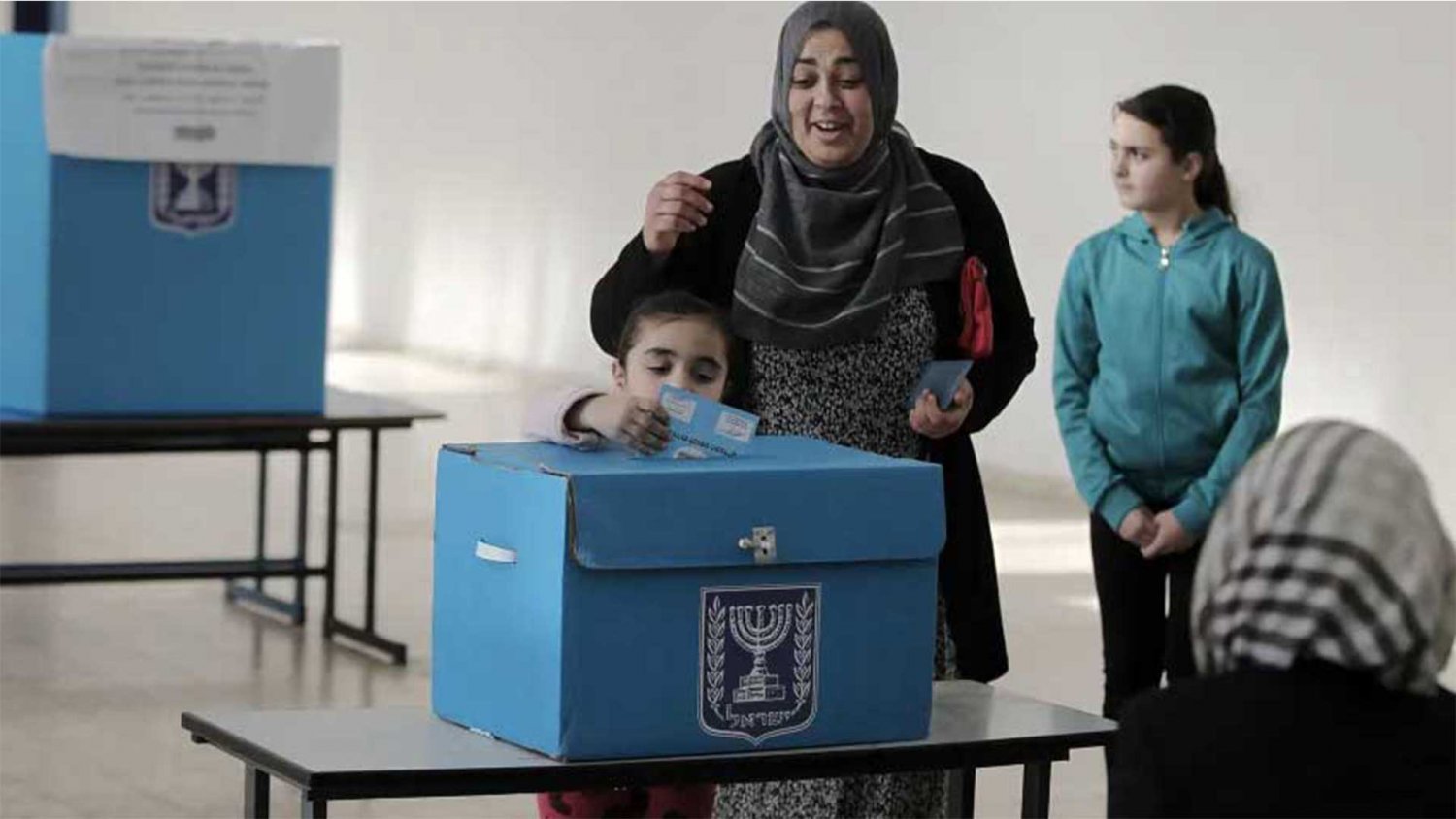At 9:00 p.m. Jerusalem time on September 21, 2023, a list of 11 Palestinians and 5 Israeli Jews, all residents of Jerusalem, was submitted to the municipal election board. Fees were paid and the list was accepted, thus marking a turning point in a long history of Palestinians’ largely boycotting municipal elections in Jerusalem.
The Palestinian list included a woman, a lawyer, a doctor, businesspeople, and community leaders. Geographically, the list included residents of a broad spectrum of neighborhoods: the Old City, Beit Hanina, Sur Bahir, and Kufr ‘Aqab, which lie beyond the Separation Wall. The list included two Christian Palestinians, a much larger percentage than the actual number of Christians that are still living in Jerusalem. At least two of the candidates are Palestinian citizens of Israel, while the majority are permanent residents of Jerusalem but not citizens.
As of the time of registration, the following Palestinians were known to be on the list:
- Lawyer (civil) Waleed Abu Tayeh
- Educator Sundos al-Hout
- Engineer M. Zeid
- Journalist E. Awad
- Doctor F. Suleiman
- Businessman M. Maraga
- Businessman M. Shobaki
- Educator D.I. Dajani
- Businessman Q. Thbeit
Lists have until October 8, 2023, to finalize the order of members’ names on the list, provide everyone’s full names, give the list an official name, and announce their program.
The municipal elections are scheduled to take place on October 31, 2023—in Jerusalem and throughout the rest of the country. Palestinian residents of Jerusalem have long boycotted these elections, largely declining to either run or vote in them.1
While Palestinians have formed lists and run or intended to run a few times in the past, at first glance, this new list appears to have broader representation—professionally, geographically, denominationally, and in terms of gender—and a greater chance of actual success.
No sooner had the list been released than bickering broke out over who would head the list, between female educator Sundos al-Hout and Abu Tayeh, a Nazareth-born longtime Jerusalem resident who initiated the plan and had announced his intention to form a list back in January 2023. At that time, he told the Jerusalem Post:

